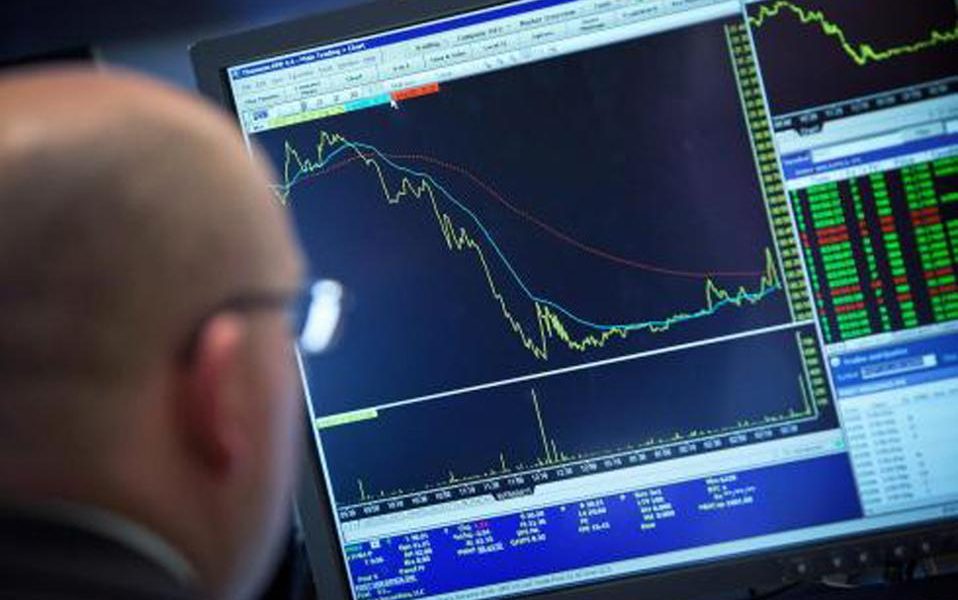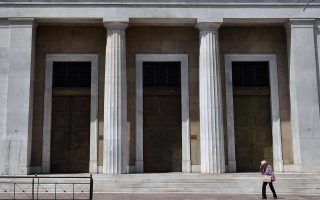How Greece’s markets learned to stop worrying and love Tsipras

His popularity with voters may be waning, but the man who set global financial markets on edge as he almost led Greece out of the euro has won kudos from investors.
Alexis Tsipras heads into Sunday’s election with a drop in support for his SYRIZA party over the past month making the result too close to call. Greek government bonds meanwhile posted the biggest returns in the euro area and the country’s stock market is also rallying.
His promise to end the era of austerity was undone after he caved to the demands of the euro region and signed up to a bailout accord that he had previously denounced. Investors are now sanguine at the prospect of Tsipras’s return to office. Before stepping down as prime minister and triggering Greece’s second election in eight months, the 41-year-old ditched the more hardcore element of his party that refused to compromise.
“It’s better the devil you know I guess,” said Orlando Green, a fixed-income analyst at Credit Agricole SA’s corporate and investment-banking unit in London. “Tsipras has changed his spots quite dramatically since July.”
Best of year
Yields on 10-year government bonds touched a 2015 low of 8.33 percent on Thursday. After being less than 10 percent throughout 2014, it had jumped to 11.22 percent in January, when SYRIZA’s emphatic election victory marked the start of six months of brinkmanship with creditors.
After Tsipras broke off talks late in June and called a referendum over the terms attached to the country’s bailout, Greek 10-year bond yields surged to almost 20 percent by July 8.
Stocks in Athens have also gained since then. Greek banks have jumped 64 percent from their all-time low and the benchmark ASE Index is up 22 percent from its three-year low on Aug. 24.
Capitulation
Greece’s government eventually capitulated with the nation running out of money and its banks shut for two weeks. The retreat, to secure as much as 86 billion euros ($97 billion) of aid, led to a fragmentation of Tsipras’s coalition and cost him his parliamentary majority. He stepped down on Aug. 20.
“Tsipras is not much of a political threat since the agreement was signed,” said Marius Daheim, a senior rates strategist at SEB AB in Frankfurt. “The moment the extreme left quit SYRIZA, Tsipras was seen as even less of a political risk.”
Opinion polls show a close race with New Democracy, which SYRIZA unseated in January and is now led by Evangelos Meimarakis. With neither party projected to win a majority, there’s a risk of prolonged political instability for a country that has a jobless rate above 25 percent.
Yet few people foresee a resumption of the standoff with the euro region that had Greece on the brink of financial oblivion. Investors expect the next government, whatever its makeup, to push ahead with meeting the criteria for the latest aid package, Greece’s third since 2010.
“The market perception of SYRIZA has changed significantly since the past election,” said Vassilis Karatzas, managing director of Levant Partners, a hedge fund in Athens that has $125 million. “It’s seen as a force that will implement the memorandum. Neither of the parties will have the illusion that they can go back to Europe and get a better deal. The illusion of a better deal, of an easy way out, has been shuttered.”
[Bloomberg]





